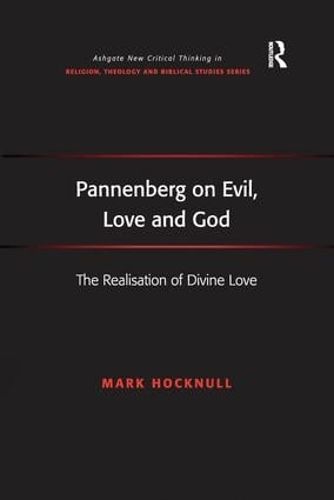Readings Newsletter
Become a Readings Member to make your shopping experience even easier.
Sign in or sign up for free!
You’re not far away from qualifying for FREE standard shipping within Australia
You’ve qualified for FREE standard shipping within Australia
The cart is loading…






Pannenberg on Evil, Love and God examines a much-neglected aspect of the theological thought of one of the most original contemporary German theologians, Wolfhart Pannenberg: his theological and philosophical understanding of evil and its relationship to the love of God. The book seeks to correct a widely held misconception that in his theology, Pannenberg has neglected the darker side of the world, concentrating instead on an optimistic picture of the future. This book argues that questions of evil hold a central place throughout Pannenberg’s writing and seeks to draw out the implications of his wrestling with these issues. The Introduction sets the scene by considering the nature of the question of evil and argues that a theological response must be made as part of a global view of the world and not in isolation from other themes. The succeeding chapters develop this theme through a reading of Pannenberg’s theology.
$9.00 standard shipping within Australia
FREE standard shipping within Australia for orders over $100.00
Express & International shipping calculated at checkout
Pannenberg on Evil, Love and God examines a much-neglected aspect of the theological thought of one of the most original contemporary German theologians, Wolfhart Pannenberg: his theological and philosophical understanding of evil and its relationship to the love of God. The book seeks to correct a widely held misconception that in his theology, Pannenberg has neglected the darker side of the world, concentrating instead on an optimistic picture of the future. This book argues that questions of evil hold a central place throughout Pannenberg’s writing and seeks to draw out the implications of his wrestling with these issues. The Introduction sets the scene by considering the nature of the question of evil and argues that a theological response must be made as part of a global view of the world and not in isolation from other themes. The succeeding chapters develop this theme through a reading of Pannenberg’s theology.